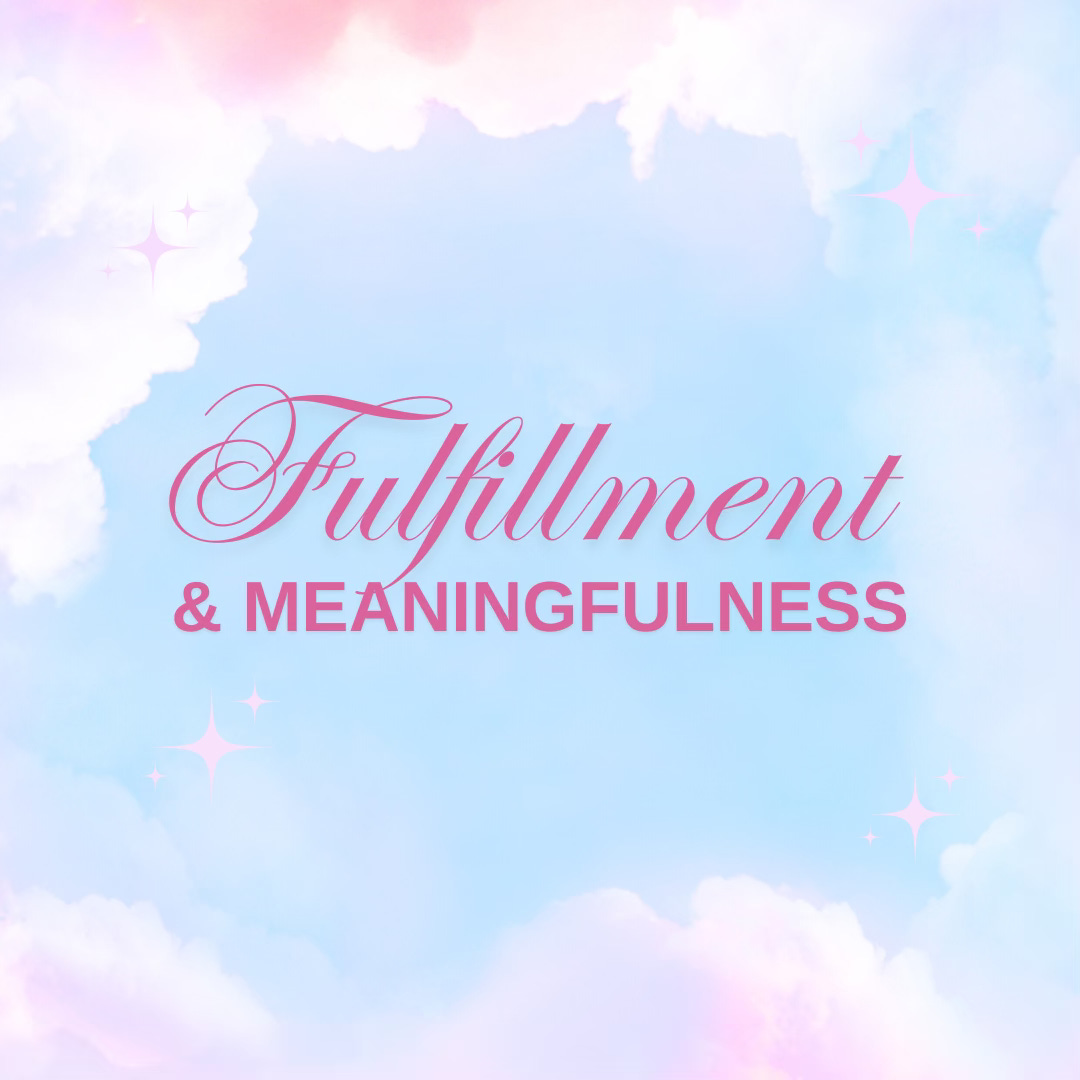How To Cultivate Meaning & Fulfillment In Your Life
Examining The Relationship Between Meaningfulness, Fulfillment, & Sustainable Happiness
The quest for happiness involves a desire for belonging and feelings of wholeness and inner peace. These longings are arguably at the core of most of our aspirations and motivations. While the yearning for happiness is an inevitable part of human nature, happiness is often confused with something that it is not. Happiness is mistaken as something fleeting that you can attempt to grasp by chasing highs, avoiding painful realities through numbing or positive thinking, and idealizing an overbooked and overstimulating lifestyle. This comes at the expense of emotional depth and leading a meaningful life that would lead to sustainable happiness. For this reason, many people feel unfulfilled even when they gain the things that they thought would make them happy.
Keep reading with a 7-day free trial
Subscribe to The Happiness Clinic Mental Health Blog to keep reading this post and get 7 days of free access to the full post archives.





